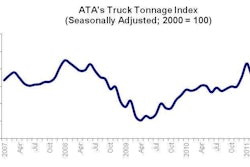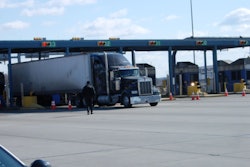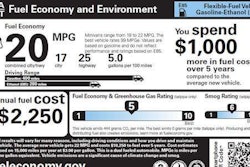As drivers prepare for the long Memorial Day travel weekend, the U.S. Department of Transportation on Thursday, May 26, announced the 2011 “Click It or Ticket” mobilization with a reminder about the severe risks of driving unbelted, day or night. “Seatbelts are a lifesaver, but too many people are failing to buckle their seatbelts at night, and it’s costing lives,” U.S. Transportation Secretary Ray LaHood says.
This year’s “Click It or Ticket” campaign runs through June 5. The mobilization, expected to involve more than 10,000 police agencies, is supported by $8 million in national advertising funded through Congress and supported by the National Highway Traffic Safety Administration. The ads, which will air in English and Spanish, generate awareness of the stepped-up enforcement efforts and the increased chance of getting a ticket if a driver is not buckled up. Ads will be aired on television, radio and online.
NHTSA research shows that fewer people buckle their seatbelts at night, making evening hours especially dangerous. In 2009, 62 percent of nighttime vehicle occupants who were killed in crashes were unbelted. In contrast, 44 percent of daytime occupants who were killed were unrestrained.
NHTSA Administrator David Strickland cautioned that holiday periods, like the Memorial Day weekend, are unusually dangerous for unbelted motorists. Of the 306 people who died on U.S. roads during the 2009 Memorial Day period, 55 percent were unbelted. “Statistics tell a powerful story about the fate of unbelted motorists in crashes,” Strickland says. “That’s why law enforcement is exceptionally vigilant at this time of year.”
Young people and males are especially at risk of dying in a traffic crash in which they’re unbelted. In 2009, the age groups 21 to 24 and 25 to 34 each had 64 percent passenger vehicle occupant fatality rates, among the highest percentages of unrestrained fatalities. Fifty-eight percent of males who died in a crash were unrestrained versus 44 percent for females. NHTSA researchers estimate that in 2009 seatbelts saved 12,713 lives, but if all passenger vehicle occupants involved in crashes had worn seatbelts, an additional 3,688 lives could have been spared.











